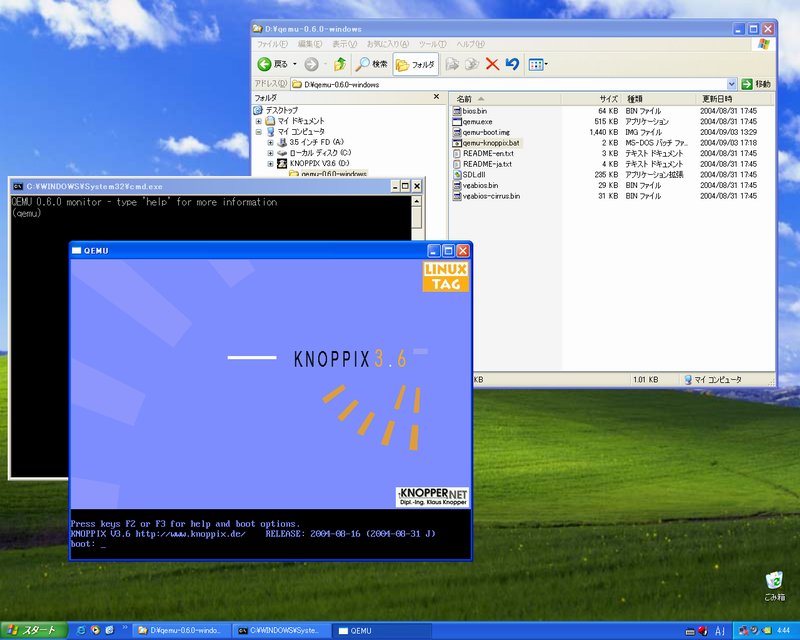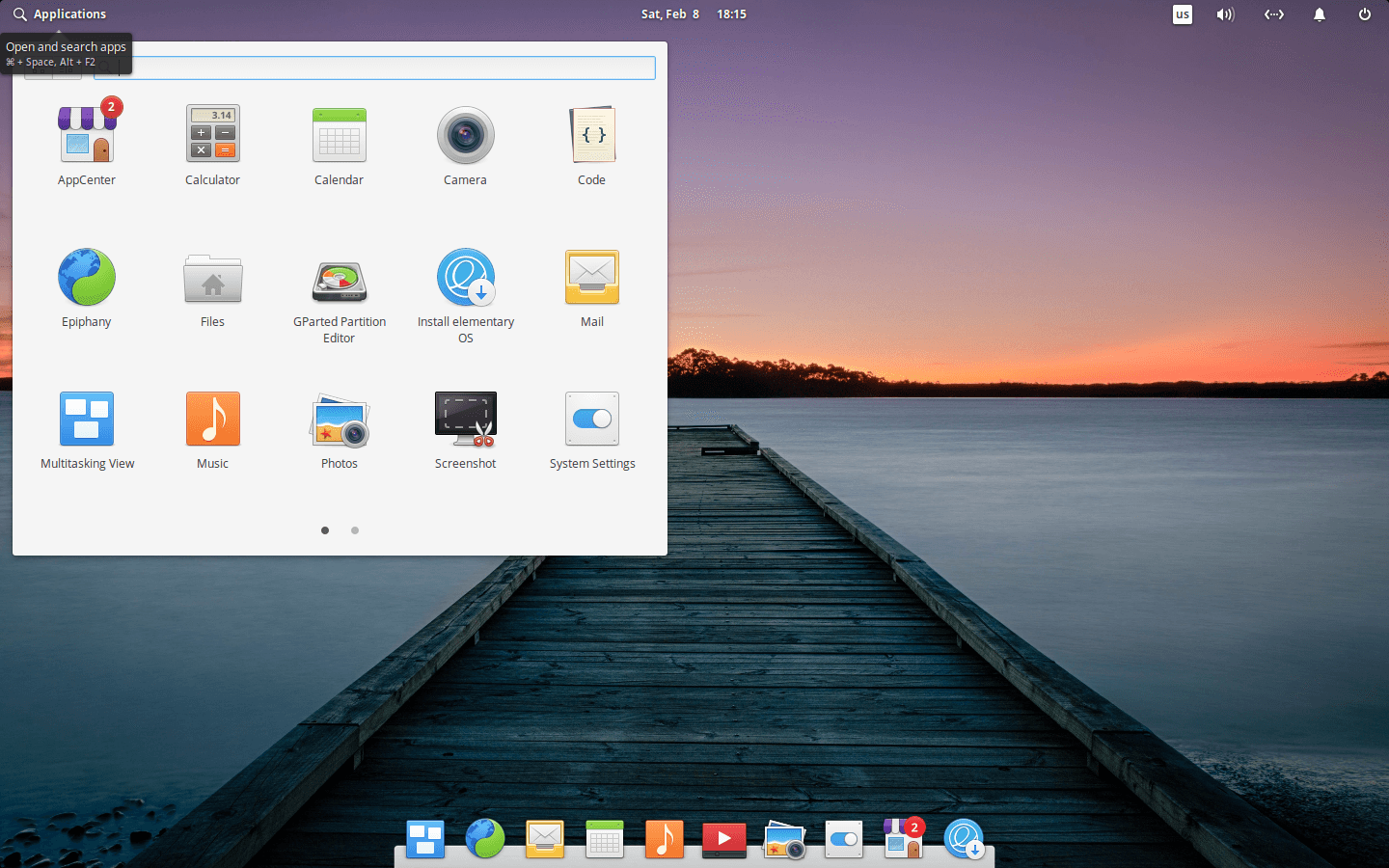


Here colinix came to the rescue: while on windows, I started a colinux instance (it was super fast, no way a VM could have served that purpose), mounted the physical partition in it, and shared to the windows machine via Samba. But then all my emails and documents were locked in the Linux partition. Now I was accustomed to open applications, and my data was on Linux, but I still found myself frequently needing to start windows for a lot of reasons. This was before the unfortunate events involving its creator: eventually I moved to ext4 and years later I made a super cool in-place conversion to btrfs, but that's another story). Once I got accustomed to that, I installed Debian in dual boot and moved all my files to ReiserFS. So I left IE, Outlook and Office for the windows verdions of Firefox, Thunderbird and Open Office. I wanted the transition to be as painless as possible, and I also wanted to be able to use both system at the same time for a while while getting used to Linux & its applications.įirst step was starting to use multiplatform & open applications. There are included sources and binaries for loader and simple driver.I used colinux as part of my personal plan to migrate away from Windows back in ~2005-2006.

Set some more variables and build the object:ĬFLAGS="-I$PREFIX/$TARGET/include/ddk -Wall -Os -O2".Patch -p0 -d $PREFIX/$TARGET " >compiler.c You can get a patch from, or load it directly via SVN from MinGW: "NTDDI_WIN7" is missing in basic headers.

Svn checkout -r 2511 $DOWNLOADS/MinGW64-ddk_test.svnĬp -a $DOWNLOADS/MinGW64-ddk_test.svn/include/* $PREFIX/$TARGET/include/ Download DDK headers from MinGW branch "experimental" via SVN and copy all files over the MinGW headers.So, unpack this somewhere and set softlink "sezero" does not tar'ed from base of PREFIX.Wget " targetting Win64/Personal Builds/sezero_20100604/$MINGW_PACK/download" This version is usable also under 64 bit Linux. Check your Linux machine type is 64 bit (x86_64) or not.All other variables you should not change in your first try. DOWNLOADS and TOOLBASE you can set to somewhere. Set some variables make this doc here more readable.Lets start with a new (empty!) directory, I used "MinGW64" on my home.You can download this install steps as complete script file from install-MinGW-for-64bit-under-Linux.sh Howto install MinGW-w64 Howto install toolchain on 64 bit Linux


 0 kommentar(er)
0 kommentar(er)
